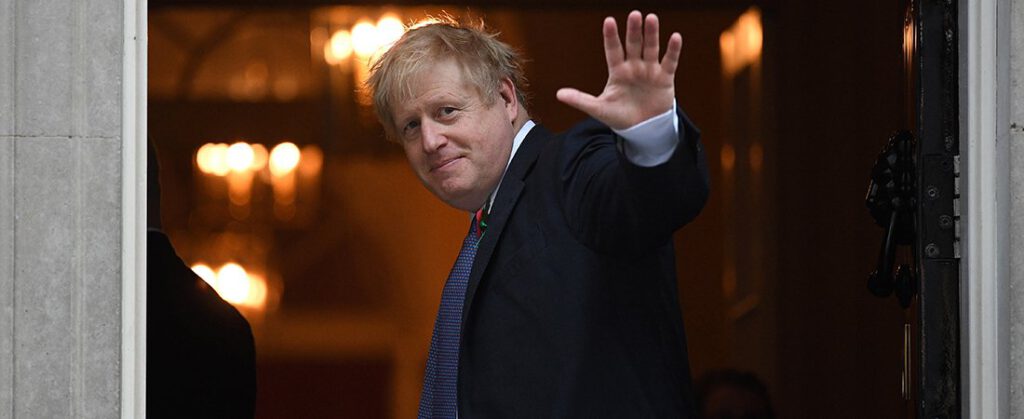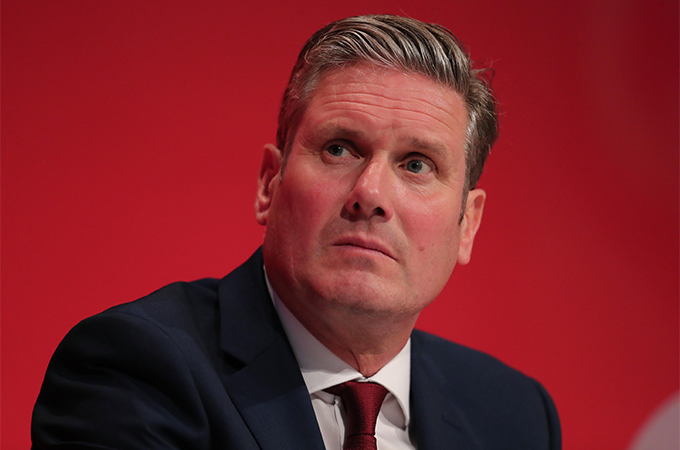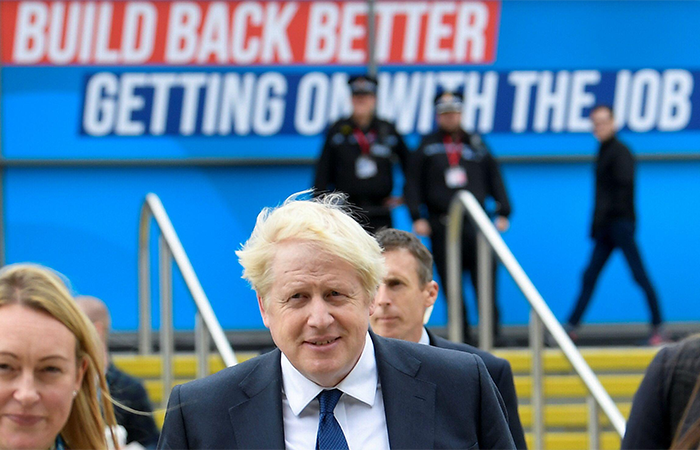Research we have conducted over the last few months has convinced us of a couple things. Firstly, Labour is levelling out their share of vote around the mid-40s mark, the Tories are shedding votes, and Reform is slowly solidifying a strategically significant third-party position. Secondly, political apathy is most certainly real, and widespread in the UK population. Those of us who work in the world of policy machinations and Westminster whispers would do well to remember that the wider population do not always share the same interests. A poll we did for Times Radio this week, testing awareness and favourability of cabinet and shadow cabinet politicians, brings all these sentiments to the fore.
The background
Elections always have a theme of stick or twist. Certainty or change. It’s the nature of the two-party system we operate within. The next election is going to be dominated by the theme of change. Often, that comes like a pincer movement, where the incumbent party begins to attack itself and the opposition party shows its readiness for government.
This year’s election will be the epitome of a change election. The Conservative Party is indeed beginning to self-combust, meanwhile Labour is carefully honing an election-winning machine.
However, at the same time we are also seeing a lull in public enthusiasm for politics, and a lack of belief that any new government will be very different. Previous work has shown that 13% of the population fall into a bucket of ‘extreme apathy’. Extremely apathetic individuals are more likely than the public to value in their leaders honesty and trust, and an ability to deliver on promises. Their biggest red flags in leaders: a lack of relatability, and past scandals.
The ratings: awareness
Within this context it is not surprising therefore, that most frontbench politicians – Government and Opposition – have very limited public awareness. So much so that two fake politicians, Fiona Wilson (Labour) and Henry Thorpe (Conservative), have similar levels of awareness to the majority of their respective cabinet colleagues.
Social desirability bias will be at play here; obviously everyone taking a survey wants to report that they know who’s who.
However, the wider point stands when looked at as a qualitative ranking: more people claim to have heard of Wilson than Peter Kyle, Nick Thomas-Symonds, or Thangham Debbonaire. In key policy briefs, politicians are just not getting cut through. Thorpe has similar claimed awareness to Claire Coutinho and Richard Holden.
On the other end of the scale, there exists a clear Labour “Big Six”, and a Conservative “Big Seven”, who have awareness that stands out in any meaningful way. Labour’s “Big Six” who have 65%+ claimed awareness: Starmer, Miliband, Rayner, Cooper, Reeves, and Lammy. Conservative’s “Big Seven”: Sunak, Hunt, Gove, Shapps, Cleverly, Cameron, and Mordaunt.
Labour will be disappointed that spokespeople occupying key policy briefs are not getting public cut through. Bridget Philipson (Shadow Education) sits at 49% and Wes Streeting (Shadow Health) is at 56%.
Those who have been portrayed in recent years as “Rising Stars” by the political lobby, such as Kemi Badenoch and Wes Streeting, have limited public awareness. It is those with sustained longevity in frontline politics who occupy the top awareness ranks.
The ratings: favourability
As one might expect, leading Labour frontbenchers are viewed more positively than those on the Conservative frontbench. Whilst Starmer’s net favourability stands at +2, Sunak’s is at -18. Rachel Reeves’ score is +4, whilst Hunt is at -17. Owing to fierce media briefing, and a social media image derived from her royal duties as Lord President of the Council, Penny Mordaunt stands out as the only Conservative without a rating below 0.
So, where do our fake politicians sit? And what does that tell us? Wilson sits at +2, whilst Thorpe is at -5. Just by association, a politician carries the party’s baggage.
Conclusion
Beyond the amusement of fake politician testing, what does this all tell us about British politics? As our apathy analysis observed, we are witnessing a dour public mood towards politics. Those outside the SW1 bubble are disengaged and disillusioned with where politics is currently heading. The fact that so many colleagues and commentators will be surprised by our polling isn’t particularly surprising. There is a disconnect with the public. A real Fiona Wilson and Henry Thorpe will be living somewhere in the UK, concerned about making their mortgage repayments, caring for their elderly parents, and crime on their local high street. Those are the issues that people want fixed, not to become engaged in a Westminster soap opera.





